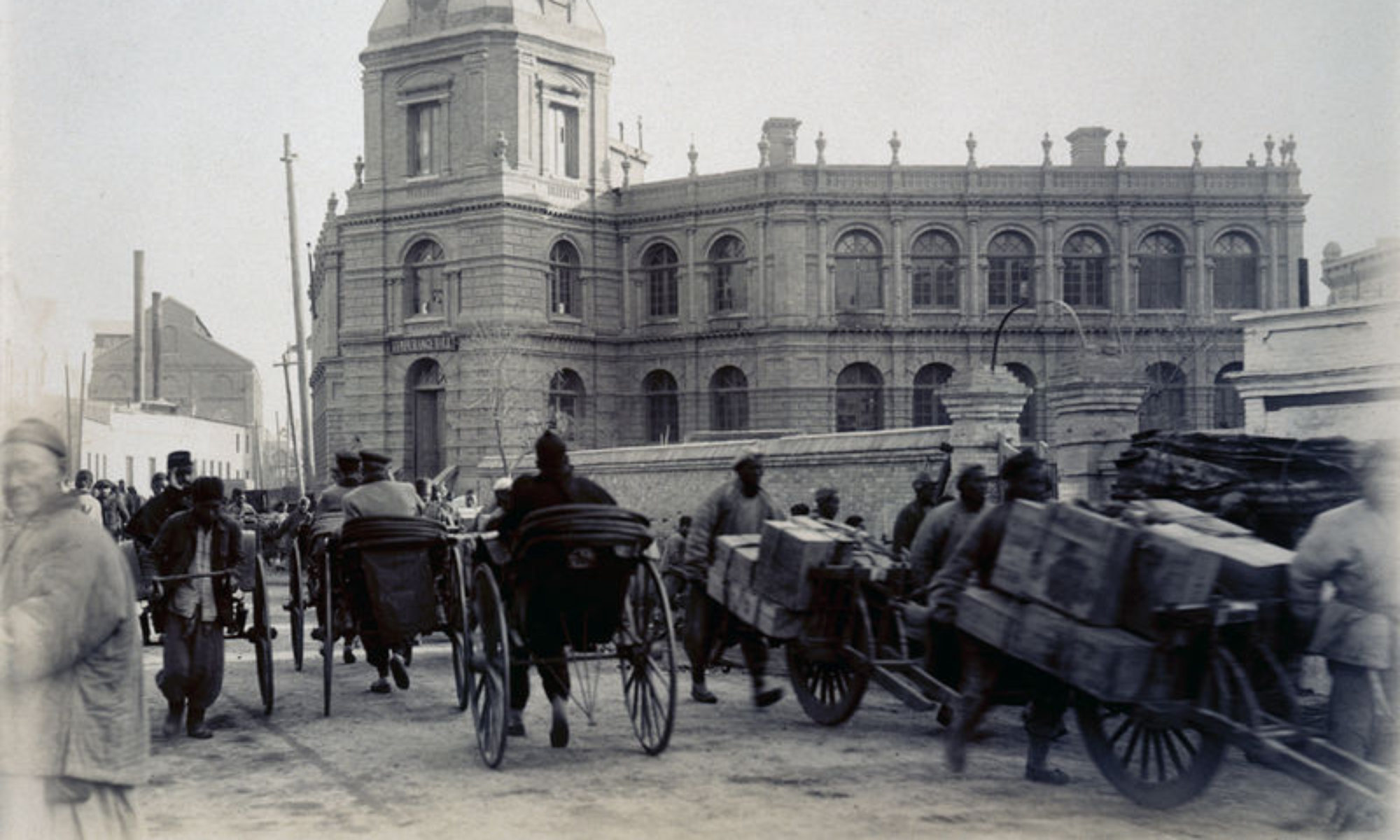I find the role of Christian missionaries in China during this time to be one of the most difficult aspects of my story to really assess. For most modern Westerners, myself included, if we decide to visit a foreign country, it’s almost a given that we have a considerable interest in the culture of that country, that we visit because want to experience its customs, food, music, art, architecture, etc.; we want to appreciate a culture and nation different from our own.
From my reading of the journals of Western missionaries in China, this wasn’t exactly the case. It seems they often came to China with little interest in or respect for the indigenous culture. Their mission was to proselytize and to spread the Christian faith. Now, this mission required a deep investment in Chinese culture, in that one often needed to speak the language and understand the customs if one was to be able to reach the Chinese people, and the missionaries made that effort–but that was never the primary motivation. The Western missionaries were convinced of the objective superiority of Christianity over the native Chinese religions and philosophies. They were convinced that Christianity was true, and that other religions were not.
In the postmodern, relativistic culture of the West today, this approach would most likely be deemed at best ignorant and at worst overtly racist. And there is some truth to those charges. The missionaries sometimes had little respect for the treasures of Chinese civilization and the accomplishments of the Chinese people. However, I would also point out that the missionaries were operating under the central Christian belief that all men on earth were made in the image of God, and that all were worthy of salvation. This included the Chinese as well as the Europeans. Despite their all too human flaws, weaknesses, and mistakes, the missionaries did not leave the safety and comfort of their homes to travel to the other side of the world for earthly rewards and riches, and in some cases, they paid the ultimate price for their endeavors. They thought enough of Chinese souls to give their lives for them.
The Western missionaries of the time were largely unsuccessful in their goal of converting large numbers of Chinese to Christianity. And often, they became entangled in local disputes and created resentment by siding with one local faction over another. They were also dependent upon and linked to the political, economic, and military power of the Western nations, and those nations often pursued policies that had little concern for the good of China or the welfare of the Chinese.
It should also be mentioned that native Chinese Christians suffered the highest casualties during the conflict. They were perhaps more despised by the Boxers than even the foreign Christians, and they generally did not have the benefit of any protection by the Western powers.
Here’s a link to an excerpt that gives a good overview:
https://www.questia.com/magazine/1G1-59480246/baptism-of-fire-china-s-christians-and-the-boxer
